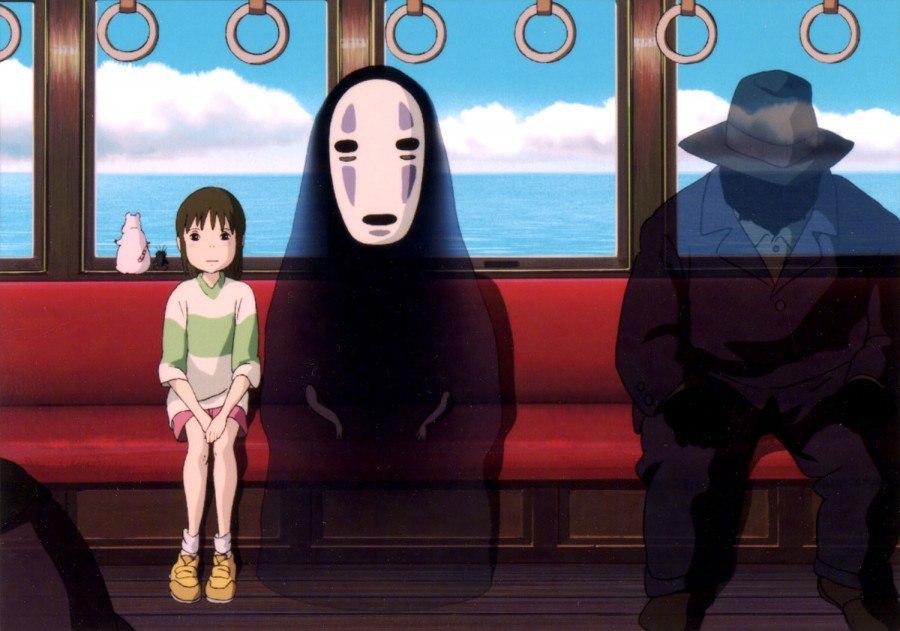Like this post? Help us by sharing it!
Unless you’ve been living under a rock for the past few years, you’ve probably heard of Studio Ghibli. Founded in 1985 by the anime directors Isao Takahata and Hayao Miyazaki, Ghibli has produced 20 feature-length films, several short films, some television advertisements and one television film. The chances are you’ve seen more than one of the studio’s great classics, which include Spirited Away, My Neighbour Totoro, and Princess Mononoke.

Amongst a great many accolades, Ghibli has five films featured in the IMDB top 250, eight films amongst the 15 highest-grossing anime films of all time in Japan, the first animated feature to gross over 10 billion yen at the Japanese box office, and the first animated film ever to win a National Academy Award for best picture (Princess Mononoke, 1997).
Not only has the studio enjoyed phenomenal domestic triumphs, but in 2002 it was catapulted to worldwide fame when Spirited Away became the only foreign-made film ever to win an Oscar for best animated picture.
Ghibli is an unadulterated success story, and its figurehead, Miyazaki, is considered by many to be the finest animator of all time. His latest film, The Wind Rises, grossed 11.6 billion yen in Japan alone and was the country’s biggest box office success of 2013.
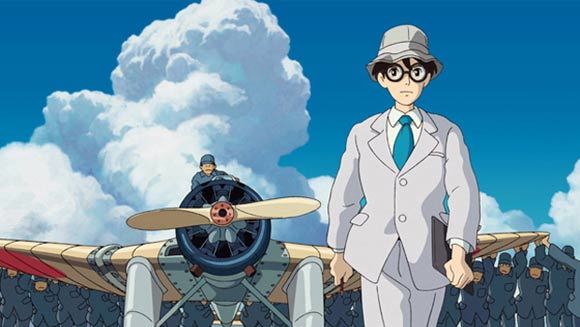
So why on earth would it be closing its doors now?
Actually, there are a number of possible reasons.
For a start, box office takings are only half of the story. Ghibli producer Toshio Suzuki has recently stated that each film takes 300 staff two years and about 5 billion yen (about $50 million USD) to create – which means that breaking even is no mean feat even when your film is the highest-grossing feature of the year.
Secondly, and perhaps most persuasively, Hayao Miyazaki himself frequently plays the harbinger of doom.
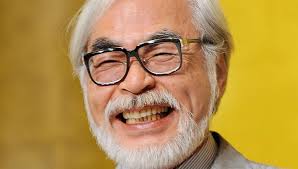
A self-professed pessimist, Miyazaki has been forecasting the end of Ghibli and the death of traditional hand-drawn animation for years. In an interview with the Guardian as far back as 2005, Miyazaki exhibited his own “serene and contented brand of fatalism” when he told interviewer Xan Brooks that:
“If it is a dying craft we can’t do anything about it. Civilisation moves on. Where are all the fresco painters now? Where are the landscape artists? What are they doing now? The world is changing. I have been very fortunate to be able to do the same job for 40 years. That’s rare in any era.”
And in an interview for the forthcoming documentary on Studio Ghibli, The Kingdom of Dreams and Madness, Miyazaki states the following:
“The future [of Ghibli] is clear. It’s going to fall apart. I can already see it. What’s the use worrying? It’s inevitable. Ghibli is just a random name I got from an airplane. It’s just a name.”
Given Miyazaki’s unambiguous pessimism, perhaps it’s unsurprising that rumours of Studio Ghibli’s demise have been circulating in the anime world for quite some time – but it wasn’t until an interview with Toshio Suzuki on the Japanese TV show Jonetsu Tairiku last weekend that the blogosphere exploded with clamouring accounts of the studio’s imminent downfall.
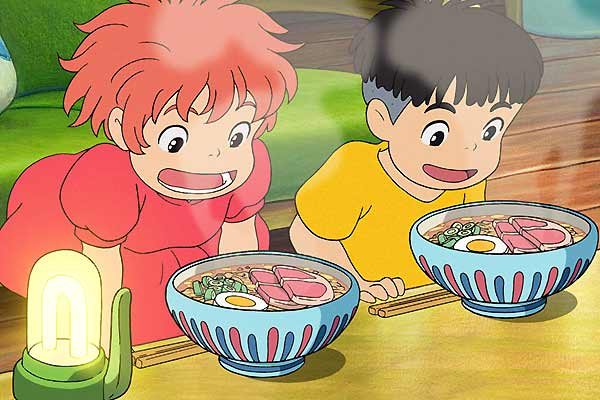
Are these death throes of Ghibli?
Luckily for film-lovers everywhere, perhaps not. As Kotaku explains, Suzuki does not explicitly say that the studio will close for good – but the company is undoubtedly in for a big change.
Using the terms “ooshoji” (“spring cleaning”) and “shokyuusi” (implying a “pause” or “breather” rather than a full halt), Suzuki suggests that Ghibli will be taking a break from production to restructure the company and reassess the direction in which they wish to move in the future.
He cites Miyazaki’s retirement as the primary factor influencing the hiatus, asking “after that, what should Ghibli do?”. It’s time to “take a short rest and think about what’s next”.
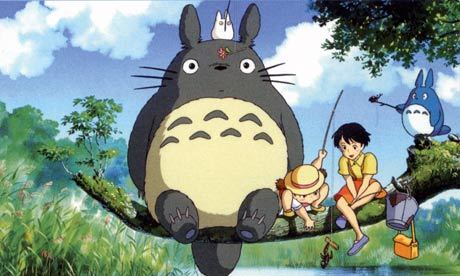
Who should we believe – Suzuki or Miyazaki?
Revered genius as he may be, there is a very good reason for not believing anything Hayao Miyazaki says.
To date, conservative estimates suggest that Miyazaki has announced his retirement a whopping six times, each time only to eat his words and go on to make another film.
Despite the fact that he has told fans that he is “quite serious” this time, even his friend and Ghibli co-founder, Isao Takahata, has said to the press that:
“…I think there is a decent chance that may change. I think so, since I’ve known him a long time. Don’t be at all surprised if that happens.”
So calm down anime fans – the show *might* go on!


